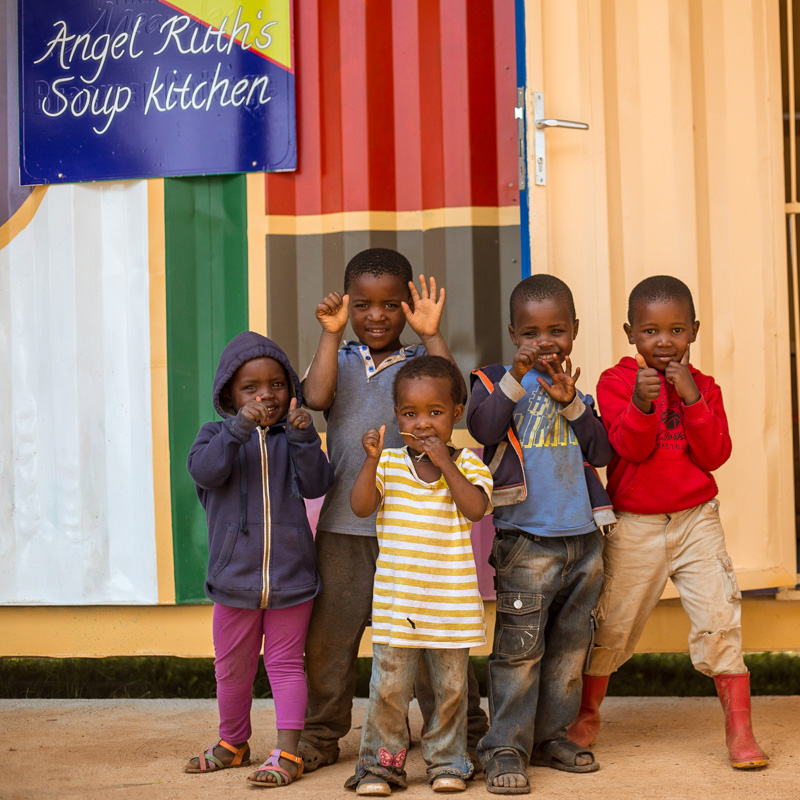"The Family Dharma Path"
I wanted to address this theme as the year slowly draws to a close. There is such a strong focus on family as we near Christmas and the closure of the year, whether it be your immediate family, and/or extended family. How can we stay in a kind, loving space with ourselves and others?
Many of us have chosen to have children, and if we have, we are all aware of how our lives take on a multi-facetted role as we attempt to find a balance between some kind of spiritual practice and daily life activities. This can also be appropriate for those without children, and who commit fully to their work commitments and/or extended family. "Family" has many definitions, and we are all part of a family in some form or other.
Whatever your story, how can we follow the Family Dharma Path, so we can avoid too many limiting moments of frustration, and arrive in a practice of being in the moment and of opening the heart, wherever we are?
Some tips from an amazing book I read, called Cave in the Snow by Vicki Mackenzie...
-
Use your daily life obstacles as your teachers - be grateful for the lessons. Pause, Soften, Breathe...
-
There is no better place to practice generosity, patience and ethics, as in daily life.
-
Just so you know you are not the only one suffering, a quote from Yvonne Rand's Kitchen Sink Path, where she states the pitfalls of the Family Dharma Path - "There are two main ones - confusion with priorities, and an unwillingness to give things up so that you become overwhelmed trying to do it all." Perhaps you recognize these words in yourself? Notice them, let go of guilt, and enjoy your path, even when there does not seem to be the time for everything that you think needs to be done.
-
Constancy - be clear about your motivations in any given moment. Whatever you do, commit to it. "Determine, for this action I will really be there. It's all habit. At the moment we've got the habit of being unaware. We have to develop the habit of being present. Once we start to be present in the moment everything opens up. When we are mindful there is no commentary - it's a very naked experience, wakeful, vivid." Tensin Palmo
-
Am I concentrated or aware? "Mindfulness can be interpreted in two ways...concentration, which is narrow and laser-like, or awareness, which is more panoramic. One could take as an example listening to music. If one is really listening to music it is as if one is absorbed into the music. As the poet, T.S. Elliot put it, 'Music heard so deeply that it is not heard at all, but you are the music while the music lasts'. That is concentration. But to know one is absorbed in the music is awareness. Do you see the difference? When we are aware, we are mindful not only of what we are doing but the feelings, the emotions that are arising, and what's happening around us as well." Soften your eyes, as if you are smiling softly to yourself.
-
It is so simple, we can miss it!
-
The meaning of "mindfulness" or "Smriti" in Sanskrit, means "to remember"...it is a process of remembering..."If mindfulness is synonymous with 'remembering' it follows that the enemy of awareness is forgetfulness. We can be aware for a few moments and then we forget." When we are shifting in and out of remembering, we are not seeing situations clearly for what they are in that moment of the experience, but through the blur of past experiences, our thoughts, judgements and preconceptions. We have to bring everything into sharp focus, and to see things as they are as if we are looking at them for the first time. "If we can learn to do that, without doing anything else, it will transform a situation automatically."
-
The analogy of the surfer... "Awareness is like a surfboard. If you are a surfer you don't want a quiet lake, you want the big wave. The bigger the wave, the more the fun, right?
-
Love vs Hatred - "Anger is simply anger, we use it to justify our own negative states. We all have a huge reservoir of anger in us and whatever we direct it to only adds oil to the fire. If we approach something with an angry mind, what happens is that it leads to antagonism and defensiveness in the other side. The Buddha said hatred is not overcome by hatred, but only by love" - How can we help ourselves? Practice being present.
-
The Half Smile by Yvonne Rand...slightly lift the corners of your mouth and hold it for three breaths. Practice it six or more times a day, and notice the difference in the body and mind within three days.
Be true to your "spiritual" path (or whatever you like to call it), no matter what the story you are living out looks like. Find your practice within your life, be light and humorous, and smile a lot. Know what your motivation is - keep checking in with this. Be kind to yourself and others. Take time for meditation and stillness. It can be while you are cooking a meal, washing dishes, making beds, waiting for the bus, appreciating being with your child/partner, being at work. Just Be There where you are in that moment. Nourish your inner and outer life.
"Even though it seems very difficult, world peace can only come about though individual transformation." The Dalai Lama





